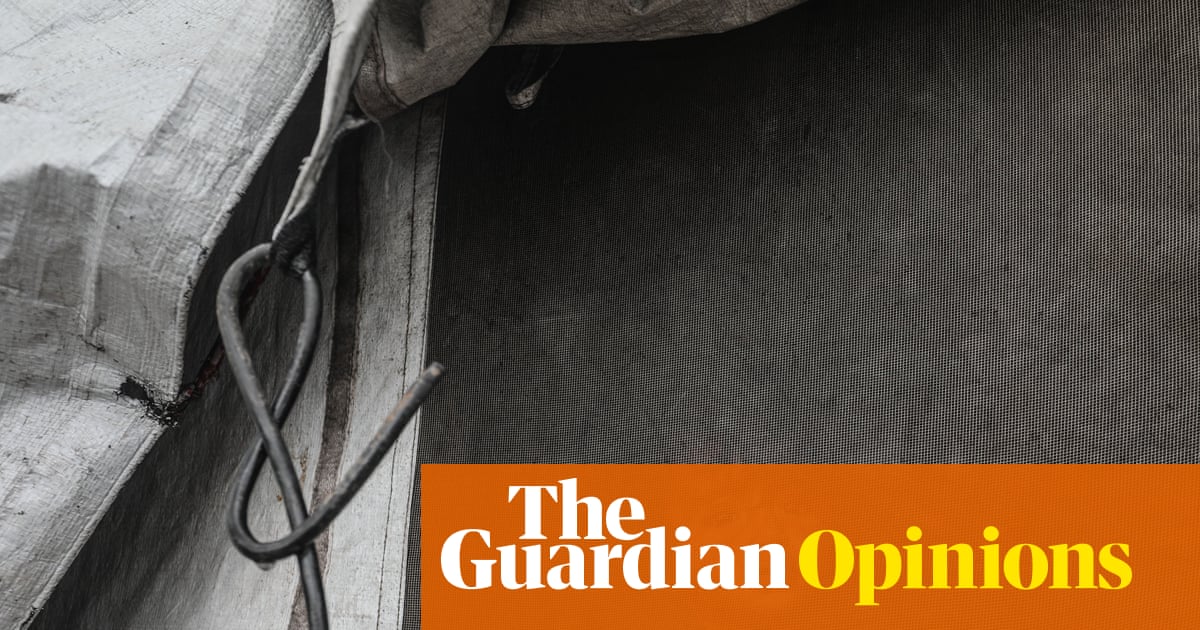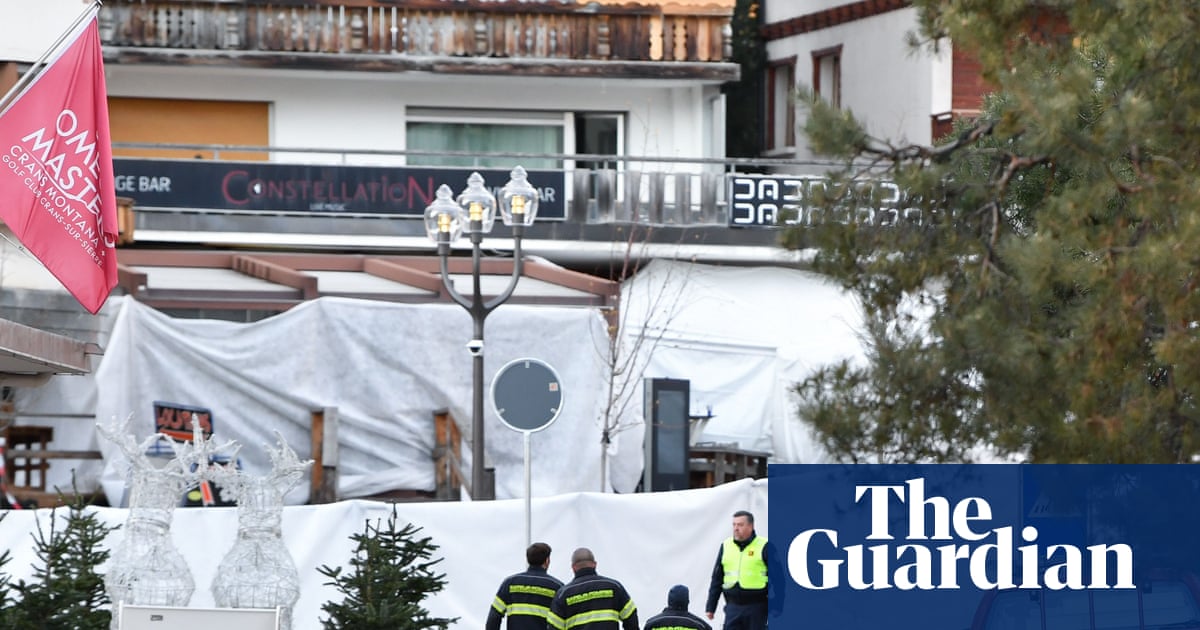The scramble to replace Angela Rayner as deputy leader of the Labour party is well under way. Apparently, it’s inevitable the role will go to a candidate with similar claims to Rayner in terms of that much-vaunted quality, authenticity. Whether Bridget Phillipson or Lucy Powell, the next deputy leader will also be a woman from a working-class family from the north of England.
In reality, each of their journeys to Westminster (via, crucially, Oxford) differ wildly from that of Rayner and, by extension, from the lives of the majority of working-class women. Those who have pursued these rare routes of social mobility are undoubtedly impressive, but they remain a small minority. I am one of these women, and I am happy to admit it.
In any case, representation cannot stand in for meaningful policy change. Working-class women have rarely had it so hard. The two-child benefit cap persists in facilitating child poverty in the UK. It is working-class women who bear this burden. These same women compensate for our as yet unreformed and failing social-care system and are far more likely to fall victim to insecure, poorly paid employment. Earlier this year, the Joseph Rowntree Foundation warned that economic growth alone would not be enough to change things for those (disproportionately women) living in relative poverty. So far, this government has done too little to help them.
When we consider those women most affected by these issues, the narrowness of our conceptions appears all the starker. Why, when we talk about working-class women in Britain, do we almost never talk about migrant women struggling to make ends meet, Black women living in some of the poorest areas of the UK, or women from Pakistani or Bangladeshi communities, disproportionately likely to experience poor health and poor housing? The reality is, when we talk about representing working-class women in Britain, we’re usually only talking about a narrow few.
So bleak is the state of such discussions right now that the dominant appeals to working-class femininity don’t only erase the experiences of working-class women of colour, but threaten to actively do those women harm. When far-right figures call for the “safety of women and girls”, let us be clearer about whom exactly they’re talking about. These are real-life women and girls from working-class communities, whose sexual abuse has been cruelly packaged into the most convenient of political footballs, now kicked daily to justify racist abuse.

These calls have prompted violent disorder in Rotherham, Epping and now the streets of central London. Those who sanction or ignore this encourage cruel racial scapegoating of ethnic communities. It is women with nothing, seeking asylum in the UK, who are placed at the greatest risk. Those who claim to march in the interests of materially disadvantaged young women fail to mention that they are only interested in protecting white women.
If the deputy leadership candidates claim to speak for working-class women, they must begin to actively speak up for those who do not look or sound like them. We must broaden our understanding of what it means to be a working-class woman, beyond the white, conventionally socially mobile faces that dominate and artificially define.
after newsletter promotion
Politicians are not the only ones with a role to play. White women from working-class communities must not let their identities be weaponised. We must push back and stress solidarity born of material struggle. The phrase “working-class woman” refers to all kinds of people, united by inherited, systemic economic disadvantage. This is precisely what those appealing to a selective definition for political gain are desperate for us to forget.
-
Jennifer Jasmine White is a writer and academic

 3 months ago
89
3 months ago
89

















































